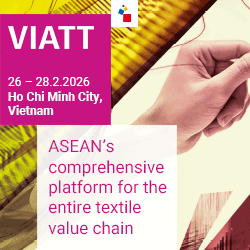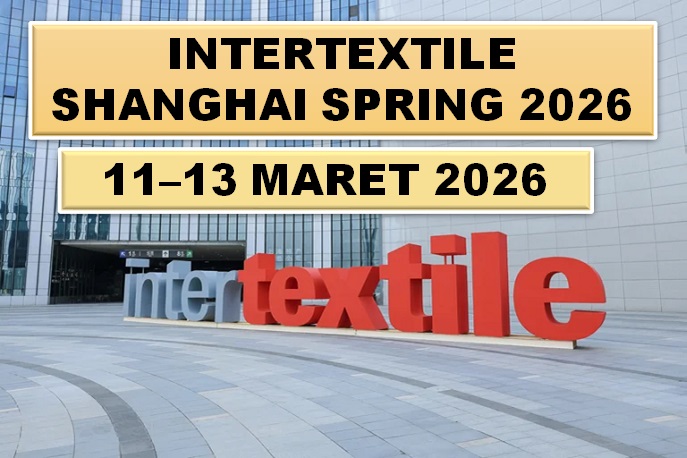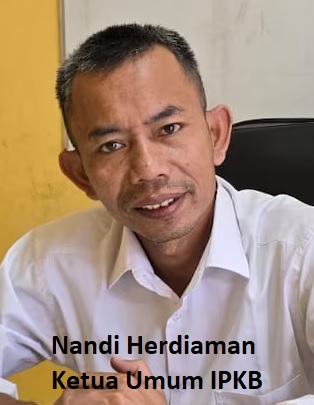Small and medium-sized industry players or textile IKMs claim to have experienced a decline in sales due to the Covid-19 pandemic and market conditions that were flooded with imported products. These imported products do not only occur in supermarkets, but also enter the marketplace.
Industry and Trade Policy Analyst of the Indonesian Fiber and Filament Yarn Producers Association (APSyFI), Farhan Aqil Syauqi, said that this practice was very massive, especially for apparel products. The entry of these imported products is through the e-commerce Bonded Logistics Center (PLB).
"They enter through PLB e-commerce. PLB is not only textiles, there are various products. More to household consumption products, "said Aqil.
Aqil said IKM should be able to produce a very large number of ready-to-wear clothes because there are a lot of producers. This statement is corroborated by data from Indotextiles which states that the production for IKM garment products is around 641 thousand tons in 2020.
"In West Java, there is a lot of production. For example the binong knitting center in Bandung. They produce continuously and have a lot of workers. It is sad when the products cannot compete with imports. The price is far away but the quality is better than imported products, "continued Aqil.
He also received reports that the IKM in Surakarta, which used garment waste as raw material, could not meet its demand because production was already minimal.
"In Surakarta, IKM cannot get the raw materials according to the demand. Even though the raw material is waste. If the waste is minimal, it means the downstream IKM production is minimal, "said Aqil.
If the government cannot protect the domestic market, said Aqil, this IKM will slowly die. Even though the potential of this textile IKM can grow the Indonesian economy in the midst of a pandemic.
"If the IKM can grow, the economy will also move positively. The absorption of raw materials will also be good for the downstream textile industry, if this IKM can be upgraded. If the import of apparel is continuously enforced, IKM could die and large-scale unemployment could occur because there are many IKMs, "said Aqil.
Executive Director of the Indonesian Textile Expert Association (IKATSI), Riza Muhidin, assessed that apparel safeguards need to be enforced. This is in accordance with the recommendation of the Indonesian Trade Safeguard Committee (KPPI) of the Ministry of Trade.
"What the government needs to do is enforce a garment safeguard in accordance with KPPI's recommendations. This recommendation is correct, we just have to enforce it, ”said Riza.
Riza said that this safeguard could foster optimism in textile IKM. This will also make the domestic IKM and UMKM production chains stronger. "All of these IKM raw materials are available domestically. We only need support from the government to protect the local market, ”he said.









